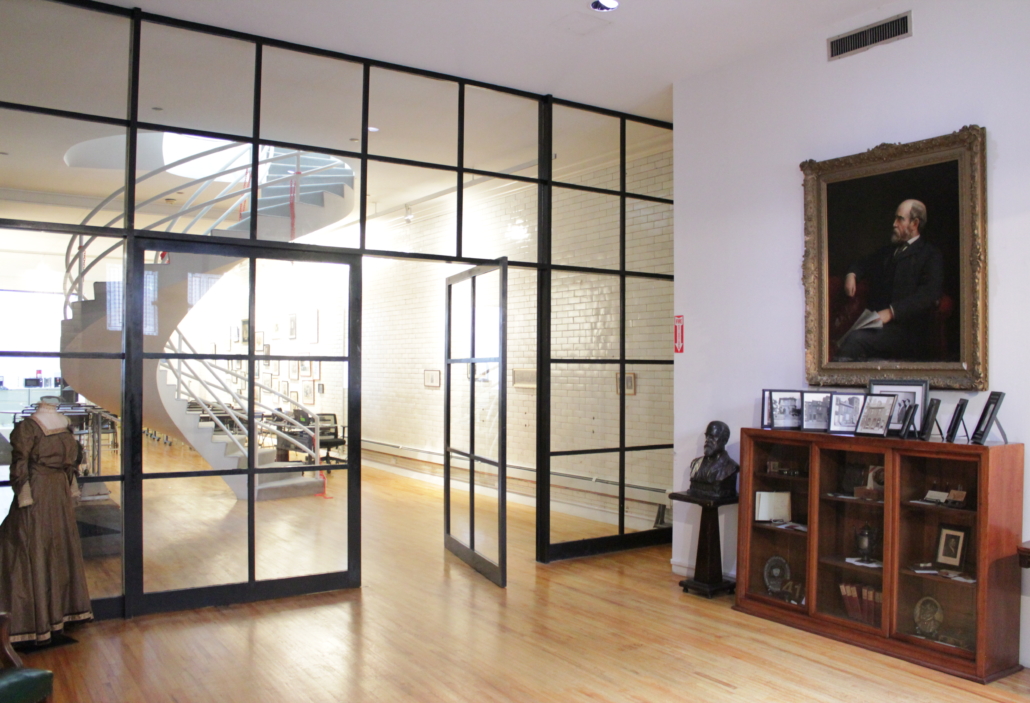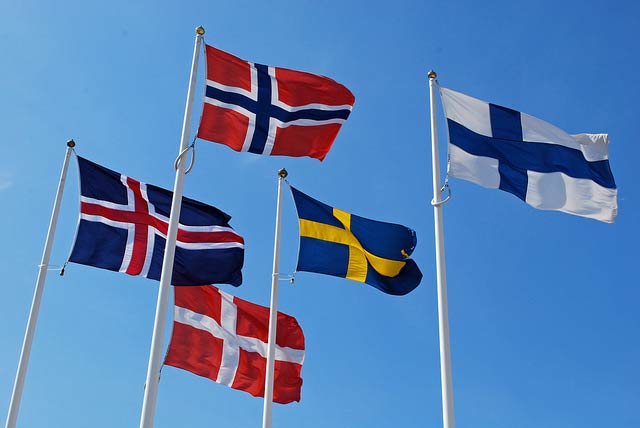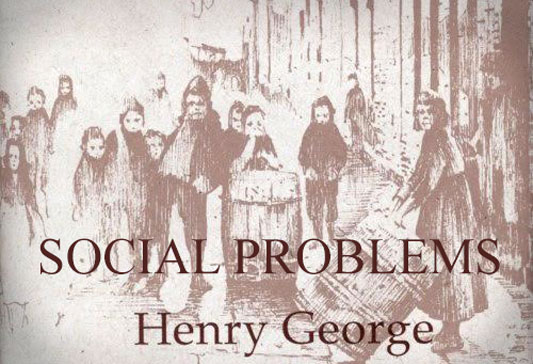COURSE 1 ENTREPRENEURSHIP
Session 3

Certificate Program in Sustainable Entrepreneurship – Course 1: Entrepreneurship
This course teaches the basics of entrepreneurship and enables the student to apply the tools in a real life setting through a combination of theoretical concepts and hands on training. Each session has two parts: one hour of theory and one hour of practice.
Instructor: Mouna Mahouachi
Consultant Mouna Mahouachi (1) will be teaching the Entrepreneurship course at Henry George. She is sharing her knowledge of entrepreneurship and innovation processes since 2014. Ms. Mahouachi started her career at Credit Suisse where she worked on digital transformation projects in both Zurich and New York. There, she practiced intrapreneurship and launched a corporate innovation program called the Creative Lab. She holds a Master’s degree from the Swiss Institute of Technology (EPFL) and has studied the Business Model Canvas at HEC Lausanne with its creator, Alexander Osterwalder. She is also an alumni of the Swiss CTI Entrepreneurship Course “Venture Challenge” and was mentored by Swiss entrepreneur and innovator Nadine Reichenthal. Mouna Mahouachi is now consulting on technology projects, including blockchain, Cloud and HPC and she is the author of an upcoming book about decentralized economies. (1) pronounced: [Moo-na Ma-wa-shee]
Location: 149 East 38th Street, New York, NY 10016
Time: 6:30 PM – 8:30 PM
Dates: Tuesdays: 5/28, 6/4, 6/11, 6/18, 6/25
Course is 5 sessions and has a $5 registration fee. Payment or proof of payment must be provided at first session.
Topics
- Elevator Pitch and Value Proposition | Form Project Teams
- The Elevator Pitch
- Value Proposition
- Problem Statement
- Customer Segment
- Hands-on: Pitch Team Ventures, Form Project Teams
- Handout: Principles of Pitching, Defining a value proposition, Defining my problem statement, Project Management Tools (Agile)
- MVP and Value Proposition Canvas | Customer Validation
- MVP and the Value Proposition Canvas
- Customer Validation and Pivoting
- Hands-on: Define teams’ MVP, Customer Validation
- Handout: Value Proposition Canvas, Theory and tools of MVP and Customer Validation
- Business Model Part I | Business Model Canvas
- Business Model Part I (VP, Customer Segments, CR, Marketing Channels, Revenue)
- Business Plan basics
- Selected Topics: Design Thinking, Accounting, PR & Marketing: Social Media Marketing, Thought Leadership, PR & Communication
- Hands-on: Work on ventures’ business model part I
- Handout: Business Model Canvas, Business Plan Template
- Business Model Part II | Business Model Canvas
- Business Model Part II (Partners, Key resources, Key Activities, Costs)
- Hands-on: Work on ventures’ business model part II | Practice Final Presentations
- Course Summary | Final Presentations
- Course summary
- Final Presentations
Session 3





